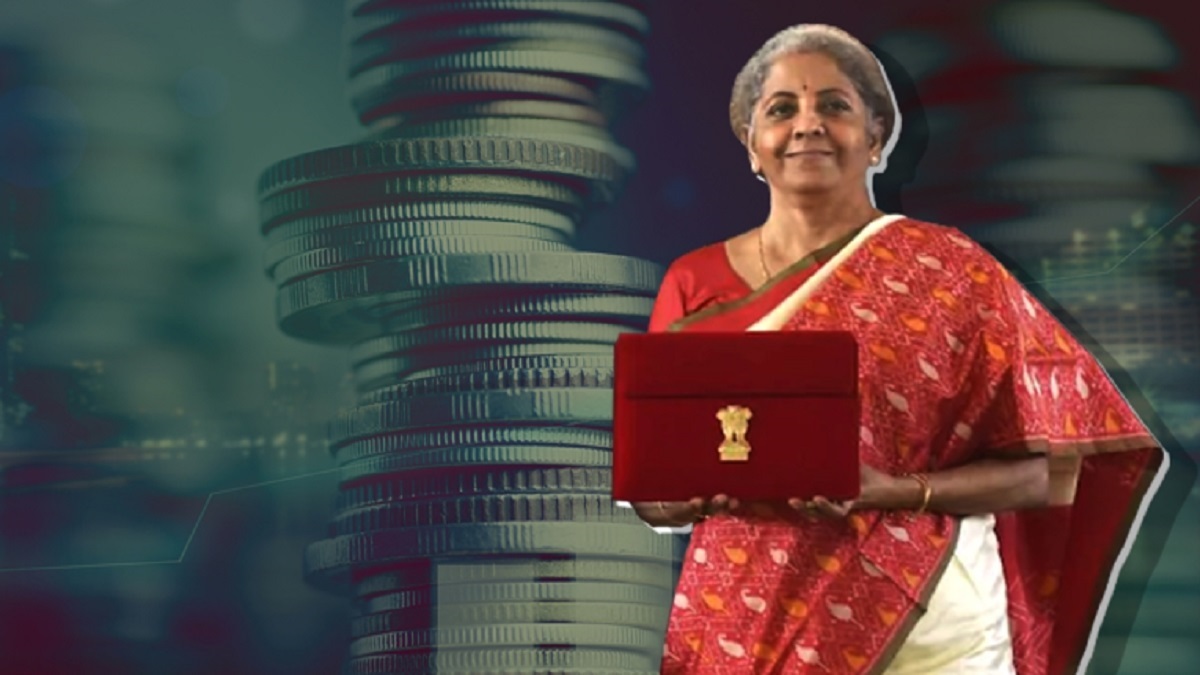20 Jan , 2023 By : Monika Singh

Finance Minister Nirmala Sitharaman is set to present the Union Budget 2023-24 in Parliament on February 1, 2023. As much as the country is waiting in anticipation for the budget, there are many of us who grapple with understanding the key terms that we come across while listening to the budget sp or even when reading about the budget. Let’s dive into these basic but important budgetary terms that will help in a better understanding of the Union Budget when it’s out.
It is the amount of money that is collected in the form of tax that is levied on your income, goods, and profits among other things. Tax revenue is the government’s primary source of income.
Direct tax, as the name suggests, is the tax that is paid by an individual directly to the government. This constitutes both income tax and corporate tax.
Indirect tax, on the other hand, is the tax paid by the people to a person/organisation/entity that holds the burden of paying tax to the government. For example, if you buy a product from a vendor, then that vendor is supposed to pay tax on that sale to the government. However, the vendor can later recover that tax amount from you in the form of GST, which is eventually deposited by the Indian government. Thus, this makes you an indirect taxpayer.
When the government’s total revenue exceeds its total expenditure, that difference is called the fiscal deficit. In simple terms, it is the deficit that arises when the expenditure of the government is more than the revenue generated by the government in a year.
It is the difference in the amount spent by the government on everyday operations and its total income from taxes and other sources. Whenever a revenue deficit is generated, the Centre must borrow money to balance the difference.
You must have come across this term many times. Let’s decode. Gross Domestic Product is the measurement of the monetary value of all goods and services bought by the final user and that are produced within the country in a given amount of time.
It is the policy adopted by the government where it uses taxation, public borrowing, and public spending to influence its economy so that sustainable growth is achieved. A healthy fiscal policy is very instrumental in controlling inflation.
This is quite an easy term to understand. Inflation is simply the rise in prices. To break it down, it refers to the rate at which the cost of goods and services is rising in an economy.
Importing or exporting goods from India involves a certain amount of tax which is levied by the government on the transaction amount. While the burden of Customs Duty lies on the person/individual/entity doing the import or export, it is sometimes also passed on to the consumer.
This refers to the action taken by the central bank Reserve bank of India (RBI) to control the supply of money in the economy. It is important to monitor the liquidity in an economy so that optimum growth is achieved.
0 Comment